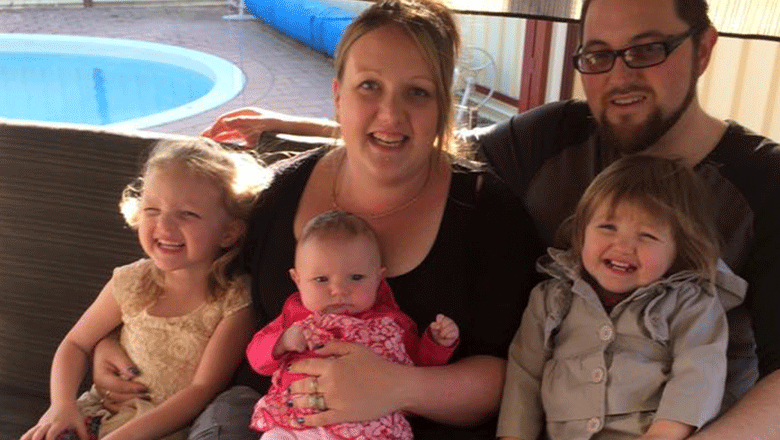Search

The Kids Research Institute Australia researchers are offering a free nutrition and lifestyle program for plus sized mums and their babies who live in the Joondalup area.
Many children do not accumulate sufficient physical activity for good health and development at early childhood education and care (ECEC). This study examined the association between ECEC organizational readiness and implementation fidelity of an ECEC-specific physical activity policy intervention.
Family carers of youth recovering from early psychosis experience significant stress; however, access to effective family interventions is poor. Digital interventions provide a promising solution.
The objective of this study was to explore Australian children's engagement in physical activity and screen time while being cared for by their grandparents.
Children's physical activity and screen time behaviours impact their physical health and well-being. In Australia, less than half of children meet daily physical activity recommendations and only one-third meet daily screen time recommendations.
Vaccination scholarship focuses on how privilege, individualized choice and ‘intensive’ and ‘natural’ parenthood – often motherhood – lead people to delay or not vaccinate their children. Recently, examining parents’ vaccination responsibilities – and the inequalities in paid employment and unpaid care work underpinning them – has become important to understand COVID-19.
Globally, Indigenous peoples have incurred significant harm due to colonisation of their lands. Dispossession of culture, language, family and land, and the historical, systematic removal of children in Australia (the ‘Stolen Generation’), has resulted in evident ongoing negative outcomes in the contemporary lives of Aboriginal and Torres Strait Islander people.
Technological advances have transformed when and for how long individuals work, a process associated with increasing polarization and precarity. Using the European Working Conditions Survey (2005-2015), we examined parental work schedules and hours across welfare regimes covering 29 European countries.
Despite increasing urbanisation, little is known about skin health for urban-living Aboriginal children and young people (CYP, aged <18 years). This study aimed to investigate the primary care burden and clinical characteristics of skin conditions in this cohort.
There is an urgent need for scalable interventions to promote physical activity in early childhood. An early childhood education and care physical activity policy intervention with implementation support strategies (Play Active) has been proposed for scale-up in Australia.
